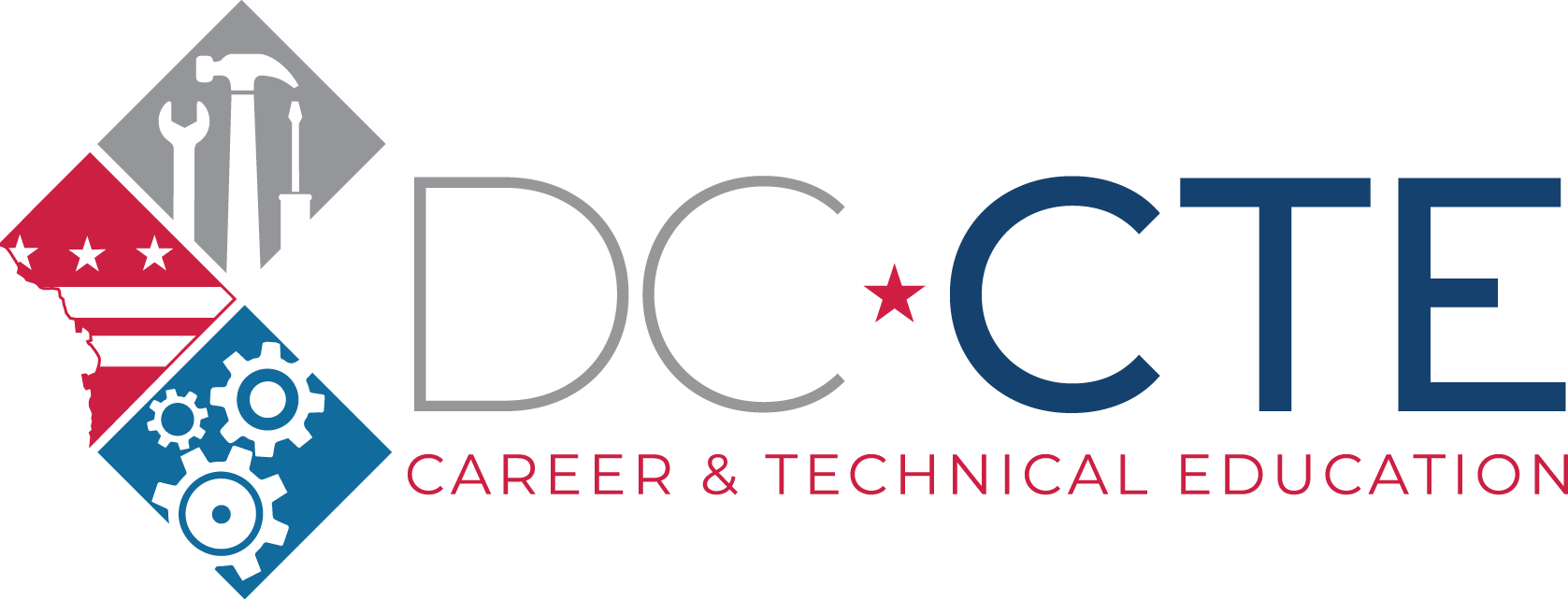Overview
If you want to learn how to monitor and create information systems that are used around the world, in addition to finding weaknesses in databases, networks, hardware, firewalls, and encryption, this program is for you. Cybersecurity professionals can work for local, state, the federal government, or major private sector companies such as Amazon, Instagram, or Google.
Labor Market Information
This pathway is a fast-growing field in the public and private sectors. Having solid cybersecurity skills and credentials can lead you to major Silicon Valley companies to the military to local or federal government agencies. Employees in the cyber security field make $119K per year on average in the DC metro area. Entry level jobs require a bachelor’s degree. And there are 847 job openings annually in the DC metro area. For more information on LMI data click here.

